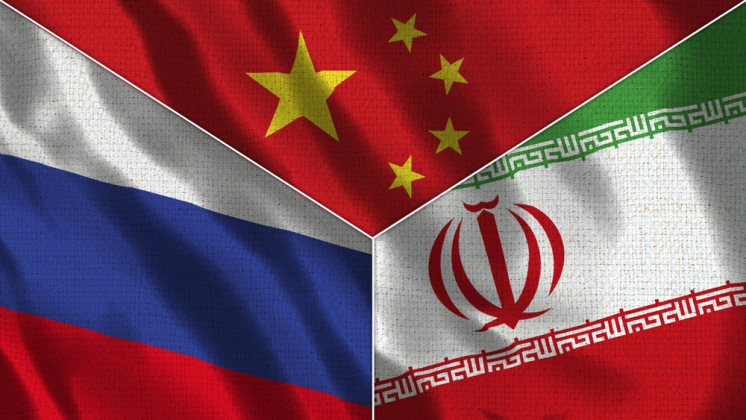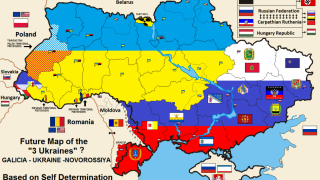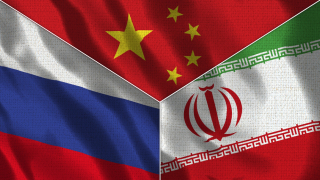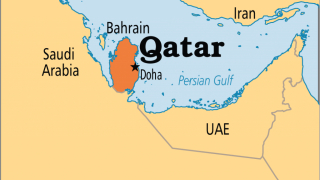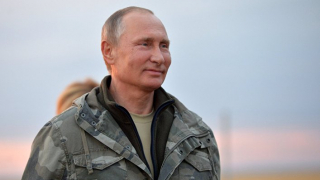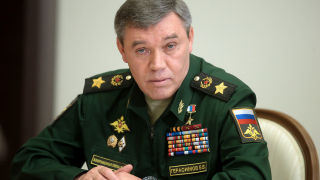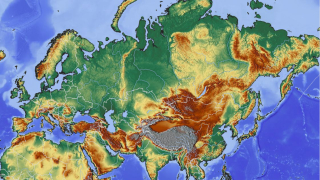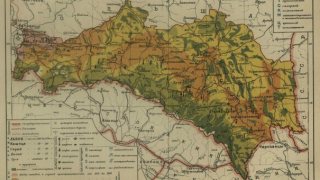The Iran–Russia–China Axis and the Cognitive Resistance to Western Imperialism
In an era when the Western-led unipolar order is fragmenting, the strategic alignment between Iran, Russia, and China represents far more than a diplomatic convenience. It signals the formation of a new civilizational axis a synthesis of political will, cultural identity, and technological ambition that challenges the cognitive and structural dominance of the West. This alliance, though still evolving, is not simply about cooperation among states; it reflects a deeper philosophical and historical resistance to the long shadow of Western imperialism, which for centuries has imposed its political, economic, and epistemic hegemony over the Global South.
The partnership among these three powers transcends traditional alliance-making. Iran stands as the central node of West Asia, combining geopolitical influence, strategic depth, and rapidly expanding drone and missile capabilities. Russia, despite unprecedented sanctions and military confrontation with NATO, has reasserted its status as a Eurasian power capable of shaping both security and energy markets. China, now the world’s second-largest economy and a global technological leader, has consolidated its position as the primary economic bridge linking Asia, Africa, and Latin America. Together, they form an axis of complementarity distinct in culture but united in their resistance to the monopolization of power, narrative, and legitimacy by the West.
The historical roots of this convergence are profound. From the establishment of the Shanghai Cooperation Organization (SCO) in 2001 to the expansion of BRICS and the emergence of alternative financial mechanisms like the Cross-Border Interbank Payment System (CIPS), Iran, Russia, and China have increasingly coordinated their strategies against what they perceive as the weaponization of finance and law by Western powers. Iran’s admission into BRICS in 2024 and its expanding defense and energy ties with Moscow and Beijing symbolize a broader shift the institutionalization of multipolarity as a counterweight to Western dominance. This transformation is not sudden; it reflects two decades of gradual coordination, mutual trust, and shared experience in confronting sanctions, disinformation, and coercive diplomacy.
But this axis faces a new kind of confrontation one that does not rely on armies or sanctions, but on perception, narrative, and cognition. The West, aware of the transformative potential of the Iran–Russia–China partnership, has shifted its strategy from direct military containment to a multidimensional cognitive war. This war is fought across media platforms, digital infrastructures, academic networks, and cultural institutions. It aims to delegitimize these three powers by portraying them as authoritarian, revisionist, and hostile to “universal values.” Yet those values democracy, human rights, freedom have long been instrumentalized by the same Western actors to justify wars, interventions, and economic domination. In essence, the West seeks to control not only markets and militaries, but minds.
This is the age of cognitive imperialism the domination of perception through narrative control. Western media conglomerates, digital algorithms, and think-tank ecosystems form the architecture of a new empire: one that governs not by force, but by the construction of “truth.” Every major crisis involving Iran, Russia, or China from Ukraine to Gaza, from the South China Sea to the Persian Gulf is filtered through this epistemic lens. It is an imperialism of meaning, where dissenting perspectives are silenced, and where resistance is branded as extremism. In this context, Iran, Russia, and China are not only geopolitical actors; they are civilizational symbols of cognitive resistance.
To confront this challenge, their partnership must evolve beyond formal diplomacy. What is needed is a structural approach to cognitive defense a coordinated architecture of information sovereignty. This means creating transnational media networks that challenge Western gatekeeping, fostering independent digital ecosystems, and developing shared academic and cultural institutions capable of producing indigenous narratives. Cognitive resistance requires structure, not slogans. A joint front in the information sphere built upon the languages, histories, and mythologies of these civilizations can redefine how the world perceives concepts like sovereignty, justice, and order.
Such a strategy would involve the creation of shared think tanks specializing in media warfare, psychology, and information security; educational exchanges that promote cultural empathy among the three societies; and cross-national platforms for journalists, filmmakers, and intellectuals to produce counter-narratives to Western myth-making. In the same way that Western institutions like NATO or the EU institutionalized their ideological framework through culture and academia, the Iran–Russia–China axis must institutionalize its worldview through knowledge production and media infrastructure.
The concept of a “shared civilizational destiny” first articulated by Chinese philosophers and increasingly echoed in Tehran and Moscow captures this vision. It is the idea that true multipolarity is not only a redistribution of material power, but also of epistemic authority. If the 20th century was defined by territorial wars, the 21st is being defined by wars of cognition. The West has mastered the art of perception management; the challenge for Eurasia and the Global South is to master the art of truth reclamation.
Iran, Russia, and China each bring unique cognitive resources to this struggle. Iran’s intellectual tradition rooted in philosophy, poetry, and revolutionary self-definition provides moral depth to the axis. Russia contributes its long-standing critique of liberal universalism and its defense of cultural pluralism. China contributes its strategic patience and its capacity for institutional innovation. Together, they can craft a new grammar of international order one that transcends the binaries of East and West, democracy and autocracy, and redefines legitimacy on civilizational terms.
Ultimately, the success of this alliance will not depend solely on military power or economic volume, but on its ability to shape meaning. The West has shifted the battlefield from land and oil to consciousness and memory. To prevail, the Iran–Russia–China axis must consolidate not only its political and economic structures but also its cognitive infrastructure. The true frontier of resistance lies in the mind in the capacity of nations to define themselves rather than be defined by others.
This is the essence of cognitive sovereignty: the power to narrate one’s own reality. The Iran–Russia–China alliance, if it endures and matures, may well become not just a coalition of states, but an alliance of consciousness the first genuine civilizational response to Western imperialism in the 21st century.

